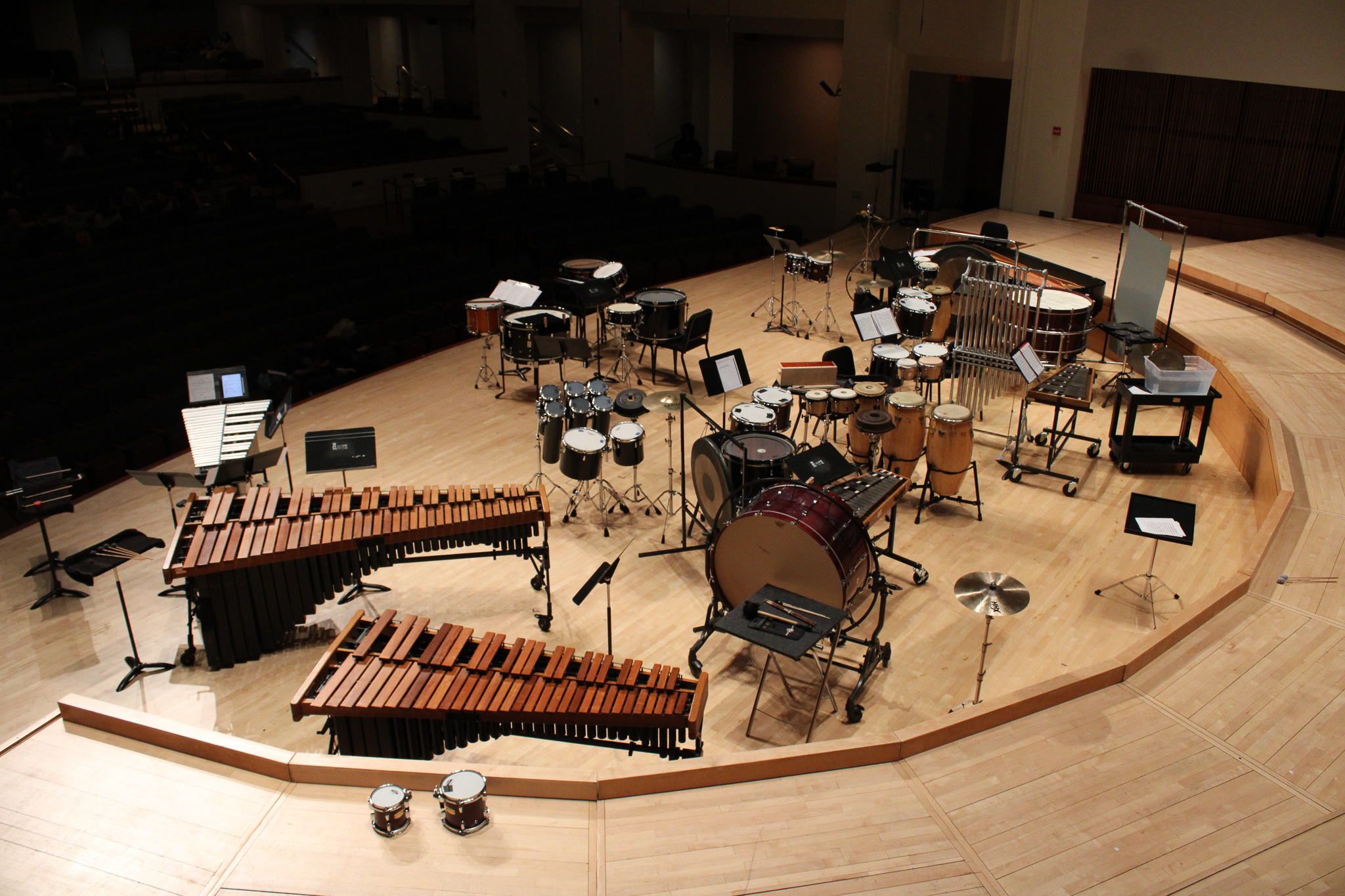Views expressed in opinion columns are the author’s own.
Bach and Liszt aren’t current-day celebrities, but they know a thing or two about music as a form of expression and escapism.
I would always turn to them when under a lot of stress. Listening to music, but especially playing music, allowed me to separate myself from work or school and instead pour my feelings into a piece. The piano was always an outlet, an escape — and it helped articulate emotion in a way no other medium could.
But 12 years of dedicated playing went out the window once I started my freshman year. I wasn’t a music major, and at the University of Maryland, the only way you can use the practice rooms or pianos is if you’re enrolled in the music school. I also didn’t know of any pianos nearby in secluded spaces, and it wasn’t as if I could just bring one from home and place it in my dorm room.
Music and its benefits became inaccessible to me and many other new college students — but it shouldn’t have to be this way. This university can and should encourage the pursuit of this important art for all students, not just those who are dedicating their academic studies to it, by adding more practice rooms on campus.
Due to the limited number of rooms available, it makes sense that music majors are the first priority since they depend on these spaces for classes and required practice.
However, this policy unnecessarily restricts the broader undergraduate population. It forces them to choose between two polar opposites — music as a field of study for four years, or to practically never play music.
The reality is, many students probably fall somewhere in the middle. 71 percent of young adults have learned to play an instrument at some point in their lives, with the top instruments including piano, guitar, drums and recorder, according to a 2022 study. And since most occupy this middle area, it’s easy to lose the playing habit when you don’t have an opportunity to play. Over half of the high school graduates that participated in one 2021 study reported not playing an instrument or singing after high school.
That number should be a lot lower — but thankfully, this university has the opportunity to change that.
While the practice rooms at The Clarice Smith Performing Arts Center may be booked, the university can dedicate pre-existing spaces to music. The bottom floors of dorms across campus provide ample space, and this university would just need to soundproof walls and buy instruments.
In Johnson-Whittle Hall, for instance, there is a “music room,” but it doesn’t contain common instruments like a piano or guitar for student use. Anne Arundel Hall has a piano on the ground floor, but it’s in a public space, which defeats the purpose of practicing. A solution lies in using a conjoining room for a piano, and in Johnson-Whittle, purchasing instruments, so students would be more inclined to use the space.
By not having these valuable practice spaces, this university is breaking the yearslong chain of musical instruction or ensemble play that many students enjoyed in elementary, middle and high school. For four years, you lose it all. If primary or secondary schools recognize the value that comes from investing in music, why can’t a public university?
That increased number of students playing music also means they’ll repeat the benefits associated with practice of an instrument.
Playing music may be one of the best ways to keep your brain healthy, since it engages the major parts of the central nervous system. It could also decrease the likelihood of developing dementia and cognitive impairment. For those not currently worrying about those health problems, music can increase our dopamine levels right now.
When I was still musically involved, I would come back from a long day of school and sit down at the piano, immersing myself in the latest Debussy or Schumann piece I picked up. Learning complex fingering, practicing scales and understanding the emotion embedded in the sheet music became an outlet for me — and I was better for it. It’s something that I miss, especially when I need a distraction.
Through history and across cultures, professions and backgrounds, music endures. “Where words fail, music speaks,” Hans Christian Andersen said, and so say those who have come to know the joy of playing.
We all need to feel that joy again. We all need to feel that creativity. Making music more accessible to all students is how we start.
Tara Davoodi is a sophomore government and politics major. She can be reached at tdavoodi@terpmail.umd.edu.



